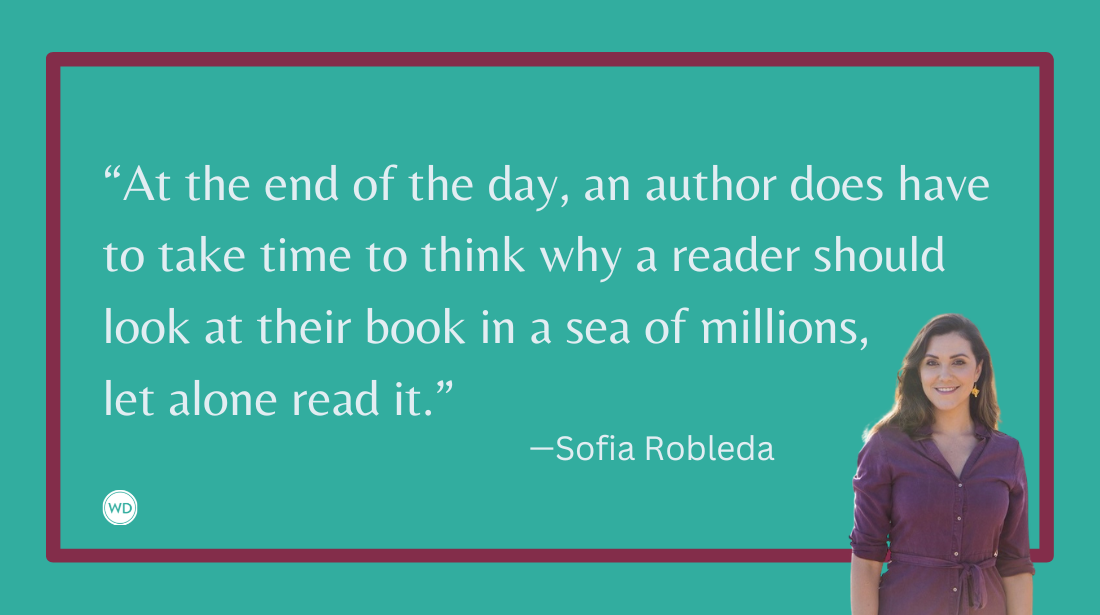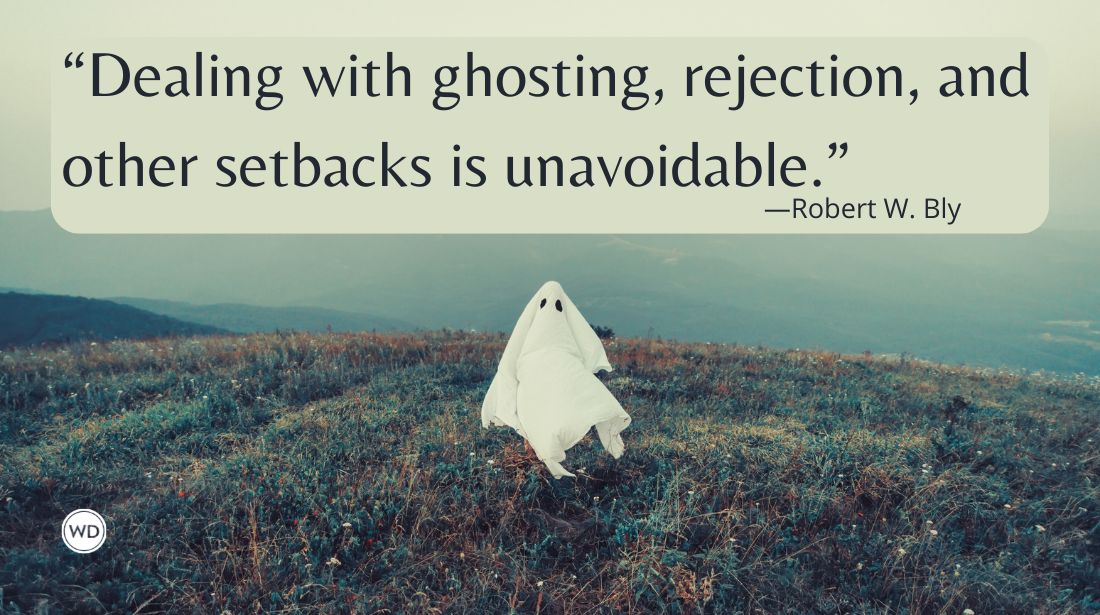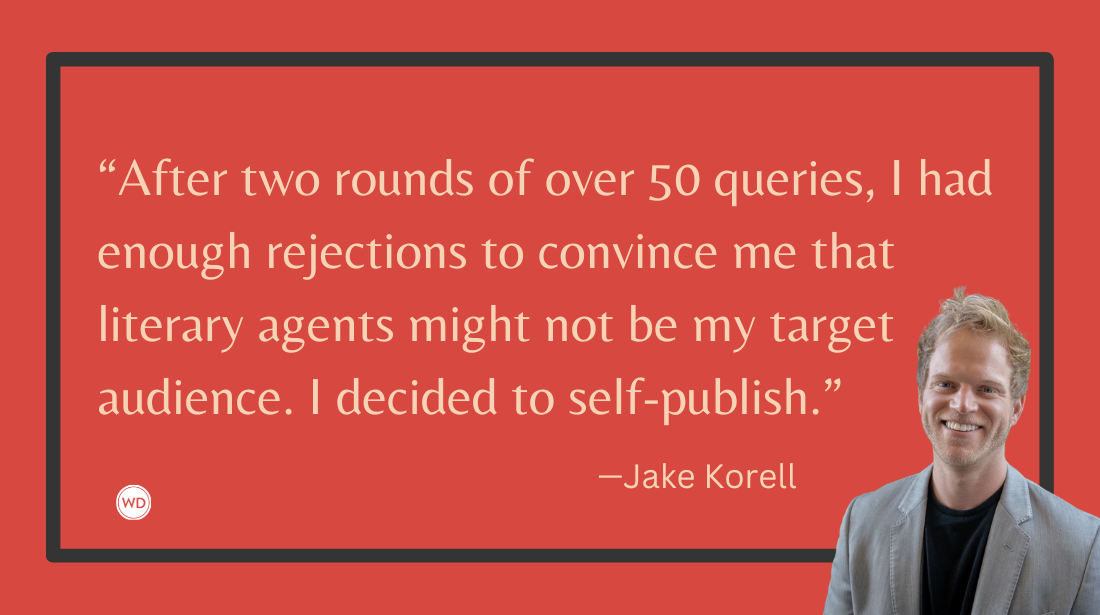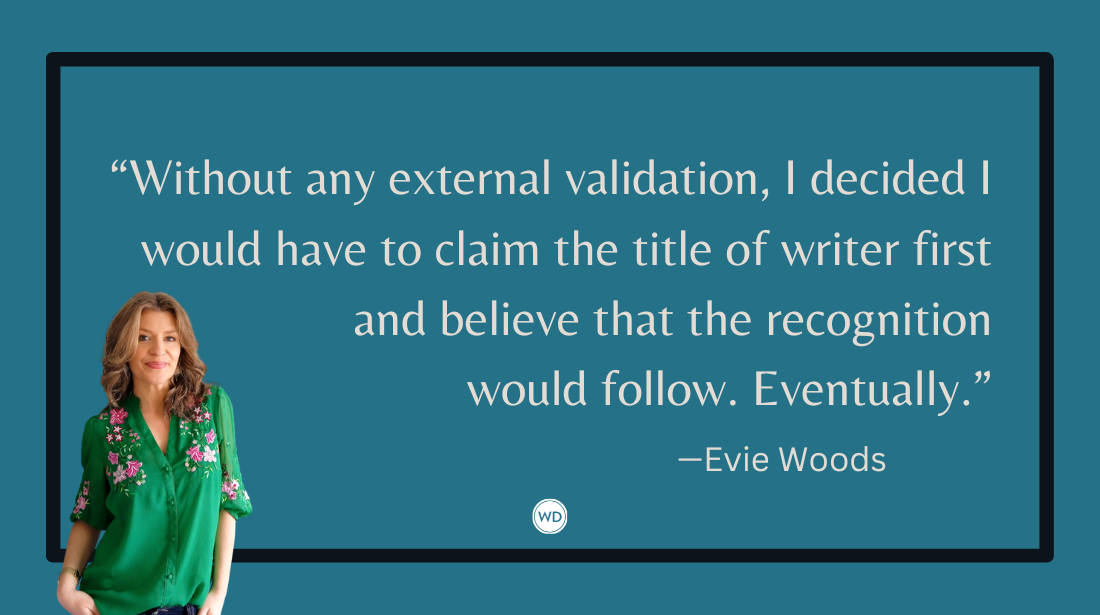6 Great Story Markets for Writers
Find six great story markets for writers here.
Many of the greatest stories (including poetic tales) written in the past 100 years or so were originally shared with the world in publications, whether print or digital. With that in mind, I’ve highlighted a few paying markets that publish stories by writers of fiction, nonfiction, and poetry. Use this list as a starting place to try and publish your own great stories.
Colorado Review (ColoradoReview.colostate.edu/colorado-review)
Colorado Review publishes three issues per year of fiction, nonfiction, and poetry. Launched in 1956, this magazine pays $300 for short stories and nonfiction; $100 for poetry; and $100 for cover art, which is frequently a photograph.
The editors say, “Colorado Review is committed to the publication of contemporary creative writing. We are equally interested in work by both new and established writers. While open to a variety of styles and concerns, CR welcomes work that centers story and voice and/or that plays with form in meaningful ways.”
Potential writers can submit fiction and poetry between August 1 and March 31 each year, while nonfiction, book reviews, and cover art is considered year-round. Writers should submit through their Submittable page (ColoradoReview.submittable.com/submit).
The editors add, “We accept translations of previously published or unpublished work. Please upload proof of permission to translate with your submission document.”
EPOCH (EPOCHLiterary.com)
Founded in 1947, EPOCH is published twice a year and includes fiction, poetry, essays, comics, and graphic art. It’s edited by students and faculty of the MFA Program in Creative Writing, in Cornell University’s Department of Literatures in English. Writers are paid between $100 and $500 for poetry, prose, and comics—and $350 for cover art (mostly paintings, though photographs as well).
The editors say, “EPOCH has been a consistent source of funding for Cornell’s first-year MFA graduate students for more than 30 years. The magazine pays students a living wage as they begin their editorial and creative careers, helps fund their travel to the annual AWP conference, and provides valuable professional experience.”
Prospective writers can submit their writing via EPOCH’s Submittable page (EPOCH.submittable.com/submit) only during the months of August and January. However, they do accept submissions via post from August 1 through March 15. For postal submissions, address the appropriate editor (Fiction Editor, Poetry Editor, Essay Editor, etc.) and mail to EPOCH, 251 Goldwin Smith Hall, Cornell University, Ithaca, NY 14853-3201.
The editors say, “Please include your street address and email address on your mail submission. We normally respond within three months, a bit longer for submissions received between Thanksgiving and the end of January. We ask that you do not query about a mail submission until three months have passed.”
The Massachusetts Review (MassReview.org)
Founded by a group of professors in 1959, The Massachusetts Review is a quarterly literary magazine of fiction, poetry, nonfiction, translation, art, and drama. The publication pays a $100 honorarium for work published in a single issue.
The editors say, “In these uncertain times, The Massachusetts Review promotes social justice and equality, along with great art. Committed to aesthetic excellence as well as public engagement, MR publishes literature and art to provoke debate, inspire action, and expand our understanding of the world around us.”
Prospective writers can submit their writing from October 1 to April 30 either via their online submission system (MassReviewSubmissions.org) or by post to The Massachusetts Review, 400 Venture Way, Hadley, MA 01035. While prose submissions are limited to one piece per submission, poets can submit up to six poems at a time.
The editors advise, “We seek a balance between established writers and promising new ones. We’re interested in material of variety and vitality relevant to the intellectual and aesthetic questions of our time. We aspire to have a broad appeal; our commitment, in part regional, is not provincial.”
Ninth Letter (NinthLetter.com)
Established in 2003, Ninth Letter is a literary arts journal published twice a year by the Creative Writing Program at the University of Illinois, Urbana-Champaign. The magazine pays $25 per poem and $100 for prose upon publication (the web edition pays $25 per poem and $75 per piece of prose).
The editors say, “We are interested in prose and poetry that experiment with form, narrative, and nontraditional subject matter, as well as more traditional literary work.”
Prospective writers can submit fiction, creative nonfiction, and poetry to their Submittable page (NinthLetterOnline.submittable.com/submit) between September 1 and February 28 each year. Poets can submit 3–5 poems (up to eight pages) per submission; fiction and creative nonfiction writers should submit only one story of up to 8,000 words at a time—unless submitting flash, which can include up to three pieces with a total word count under 4,000 words total.
The editors say, “If you classify your work as ‘hybrid,’ please submit to the genre category you feel your submission most closely applies. You are welcome to leave a note in the cover letter field with any details you think our reading team would find helpful. We will make sure your submission gets to the right team and receives the attention and consideration it deserves.”
The Threepenny Review (ThreepennyReview.com)
Established in 1980, The Threepenny Review publishes poetry, short stories, creative nonfiction, and more. This publication pays $400 per story or article and $200 per poem or Table Talk piece.
The editors say, “The Threepenny Review is a quarterly review of the arts and society. Each issue contains new poetry, short stories, personal memoirs, and essays on books, movies, theater, dance, music, architecture, visual arts, television, and politics.”
Prospective writers can submit their writing each year between January 1 and April 14, either via their online submission system or by post to The Editors, The Threepenny Review, PO Box 9131, Berkeley, CA 94709. Poets can submit up to five poems.
The editors advise, “We strongly recommend that you stay within our length limits. As a rule, critical articles should be about 1,200–2,500 words, Table Talk items 1,000 words or less, stories and memoirs 4,000 words or less, and poetry 100 lines or less. (Exceptions are occasionally possible, but longer pieces will have a much harder time getting accepted.) We prefer to read prose submissions that are double-spaced; poetry can be single-spaced or double-spaced.”
Willow Springs (Inside.ewu.edu/willowspringsmagazine)
Established in 1977, Willow Springs publishes two issues per year of contemporary fiction, nonfiction, poetry, and interviews with notable authors. This publication pays $100 per published long-form prose piece, $40 for short prose, and $20 per published poem.
The editors say, “Willow Springs publishes work by unknown and up and coming writers, and by U.S. Poet Laureates and Pulitzer Prize winners, engaging our readers in an ongoing discussion of art, ideas, and the human experience. We also do work in the Spokane community: started by Sam Ligon over 15 years ago, our longest running program is the Triceratops Poetry Project, where we bring poetry into third grade classrooms.”
Prospective writers can submit their fiction and poetry between September 1 and May 31—nonfiction is considered year-round—via their Submittable page (WillowSprings.submittable.com/submit). Poets can submit up to five poems at a time. Prose writers should submit only one piece at a time—unless writing shorter form (under 750 words), which can include up to three pieces per submission.
The editors explain, “We seek work that takes hold from the first sentence and doesn’t let go, that commands our attention whether by its intellectual acumen, emotional integrity, or spiritual wholeness.”









